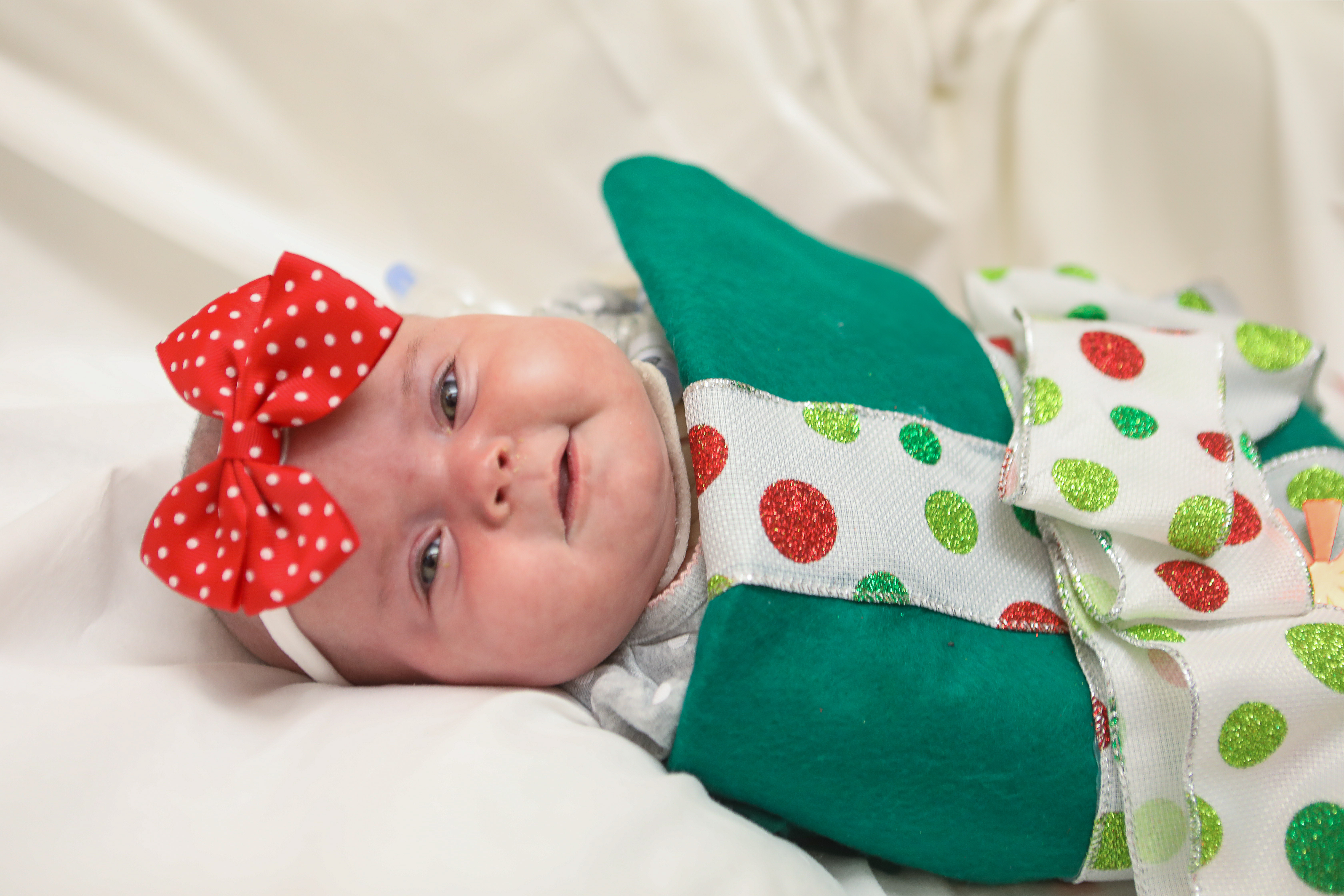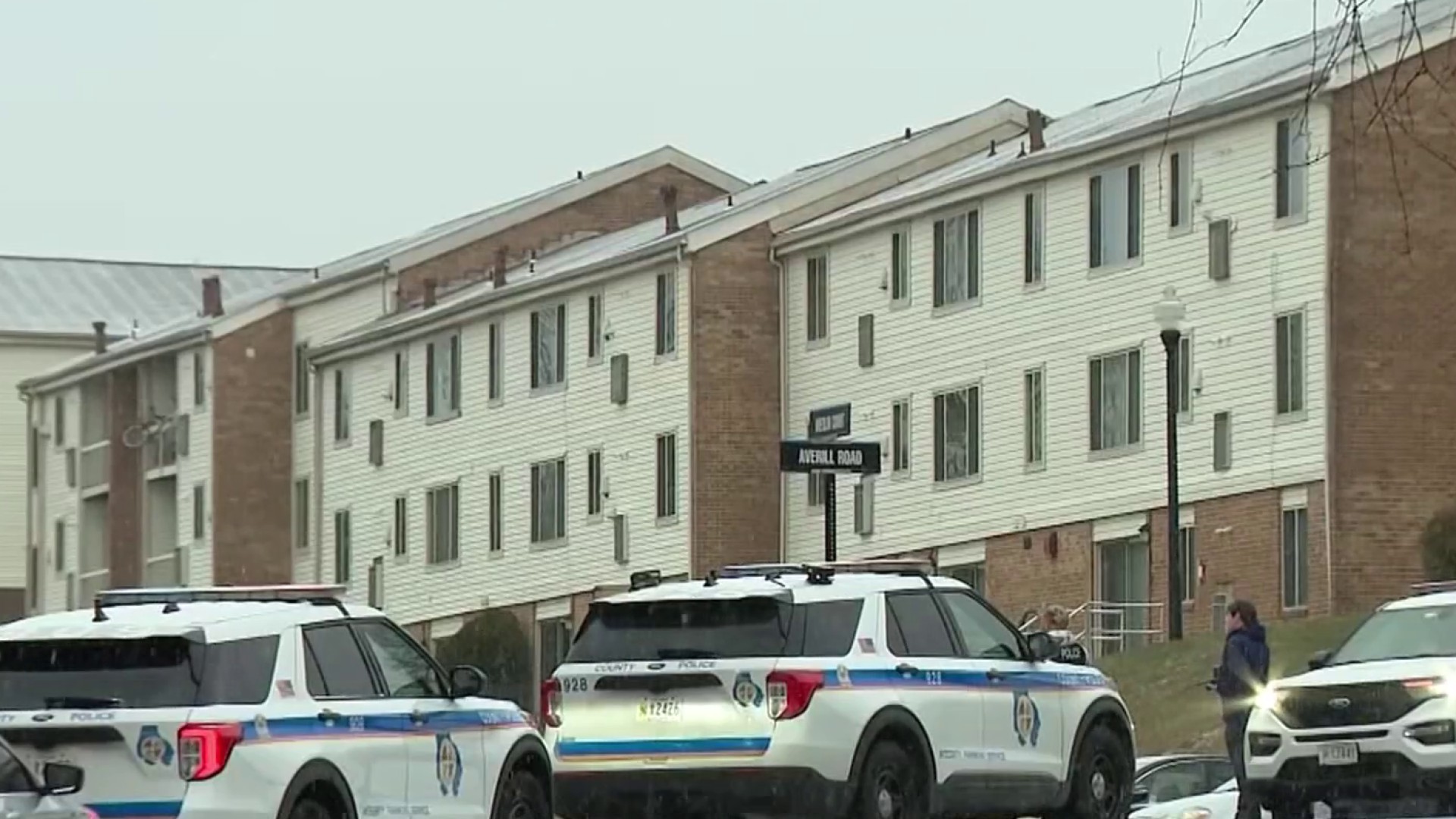Longtime News4 anchor Wendy Rieger has been missing from our broadcasts. Why? She recently had open-heart surgery.
Wendy spoke with News4’s Doreen Gentzler before and after the procedure to share what she’s learned from the experience — and which warning signs she missed.
“The doctor said, ‘Your heart is racing,” Wendy recently recalled from her mountain home in Virginia. “He said, ‘It’s going 130 beats a minute.’”
“What’s it supposed to be?” Wendy replied.
“Like 60,” he said.
We've got the news you need to know to start your day. Sign up for the First & 4Most morning newsletter — delivered to your inbox daily. Sign up here.
That's how Wendy's journey began at a routine checkup a couple of years ago. She had atrial fibrillation, also known as AFib. When she saw a cardiologist, she learned it could dislodge a blood clot and cause a stroke.
Local
Washington, D.C., Maryland and Virginia local news, events and information
There was a procedure to re-establish her heart rhythm, plus blood-thinning medication and cardiology checkups after that. Everything was OK until recently.
"I'm sitting here after broadcasting from home and all of a sudden I felt PA-PUM! It’s like the drum solo in 'In-A-Gadda-Da-Vida,'" she said.
It turned out Wendy’s mitral valve was in bad shape. “Shredded” was how she described it. She’s known since she was a teenager that she had mitral valve prolapse, which is uncommon but not exactly rare.
After yet another AFib episode, Wendy learned she needed surgery. Minimally invasive surgery wasn’t an option.
Dr. Paul Massimiano was one of two surgeons who repaired Wendy's heart.
“It's sort of a well-choreographed ballet between the electrical part of the operation and the structural part, repairing the mitral valve,” he said.
The surgery took four hours and recovery will take time, but Wendy is walking around and feeling stronger every day.
She realizes now that she ignored some warning signs. When her heart felt “fluttery,” she assumed it was hormones. Her annual physicals and mammograms did not identify her serious issue.
"The things that make us female are what we worry about. We don't worry about the universal systems that we all have. And that's the wake-up call. This is, listen to your heart. If it's doing something weird, it doesn't take anything for a doctor to diagnose a weird rhythm,” she said.
Wendy’s longterm prognosis is excellent, Massimiano said.
"Wendy is a terrific patient. She's very smart and she's enormously entertaining,” he added.
She has every reason to expect her heart repairs will lead to a stronger future.
“I feel like there’s me before. And then there will be me after. I feel like this is not something I'm afraid of,” she said. “This is actually something I'm excited about, because I feel like it's going to repair something I never knew needed repairing."
The American Heart Association says about 2% of us have mitral valve prolapse, in which the flaps on one of the heart valves don't close smoothly. For most of us, it will never a cause a problem requiring surgery. But it is something to be aware of and talk about with your doctor.



